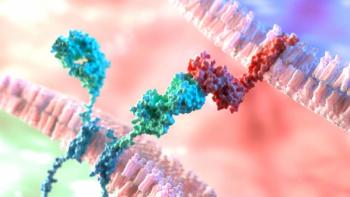
Alongside the updated data, Cartesian announced that it plans to launch a phase 3 clinical trial, dubbed AURORA, in the first half of next year.

Alongside the updated data, Cartesian announced that it plans to launch a phase 3 clinical trial, dubbed AURORA, in the first half of next year.

Catch up on the latest news, breakthroughs, and announcements from biotechnology companies making advancements in cell and gene therapies.
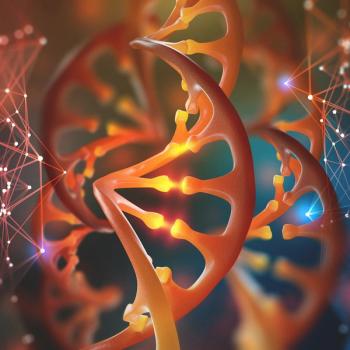
Catch up on any of the key data updates you may have missed last month, with coverage highlights from the CGTLive™ team.
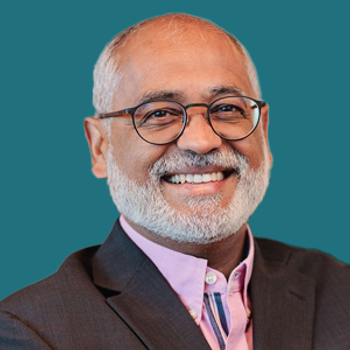
Sana Biotechnology’s SC291 chimeric antigen receptor T-cell therapy is being developed to treat relapsed/refractory systemic lupus erythematosus, including extrarenal lupus and lupus nephritis.

The phase 2 trial will assess Hansa’s imlifidase as a pretreatment for Genethon’s GNT-0003.
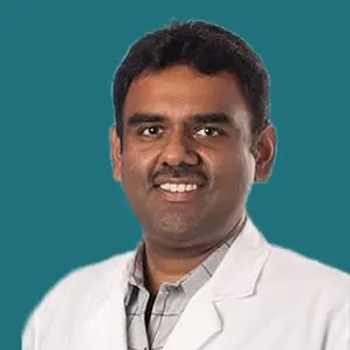
The company also announced updated efficacy data from the trial’s phase 1/2 portion.
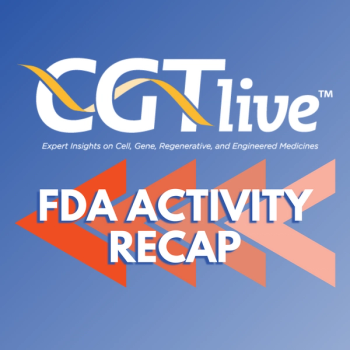
Catch up on any of the key FDA news stories you may have missed last month, with coverage highlights from the CGTLive® team.

The Rocket Pharmaceuticals AAV9 treatment was assessed in a 3-cohort trial of 7 patients, showing good safety and encouraging efficacy signals.

Review top news and interview highlights from the week ending November 29, 2024.

Approved as Skysona, the therapy has been reported to be related to cases of hematologic malignancies, including life-threatening instances of myelodysplastic syndrome and acute myeloid leukemia.

Catch up on the latest news, breakthroughs, and announcements from biotechnology companies making advancements in cell and gene therapies.

Clinical responses were reported in patients with lupus and myositis.
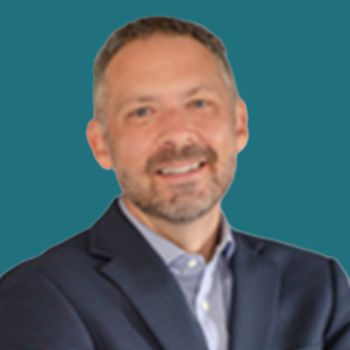
David Barrett, JD, the chief executive officer of ASGCT, discussed likely future trends extrapolated from the organization’s Q3 Landscape Report.

The patient’s dosing took place at the University of California, San Francisco, although the multicenter study is expected to eventually dose patients at other locations in the United States, United Kingdom, and Europe.

The FDA’s decision was based on data from 3 different sources.

David Barrett, JD, the chief executive officer of ASGCT, discussed the latest trends in the field of cell and gene therapy captured in the organization's quarterly Landscape Report.
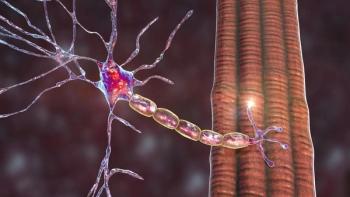
All 3 patients who received the high dose showed stabilization of motor function, as assessed by the 34-point North Star Ambulatory Assessment.
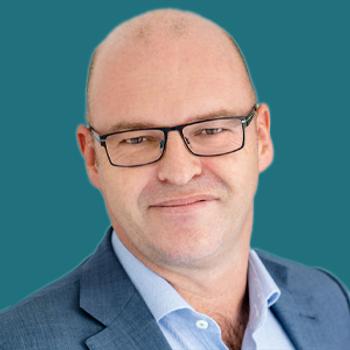
Georg Schett, MD, vice president research and chair of internal medicine at the University of Erlangen – Nuremberg, discussed findings from 2 early studies of CD19 CAR T-cell therapy.

In observance of Alzheimer Disease Awareness Month, held annually in November, we took a look back at the past year's news and expert insights in cell and gene therapy for Alzheimer disease.

Review top news and interview highlights from the week ending November 22, 2024.
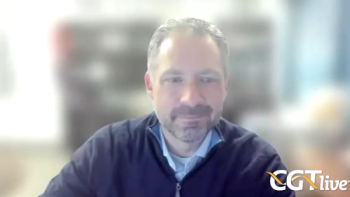
The chief executive officer of ASGCT discussed likely future trends extrapolated from the organization’s Q3 Landscape Report.
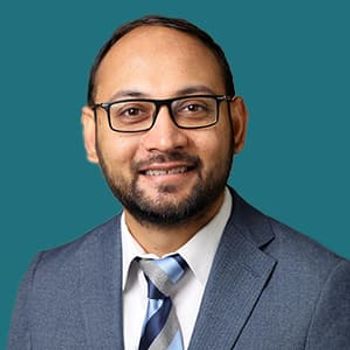
Bhagirathbhai R. Dholaria, MD, an associate professor of medicine in malignant hematology & stem cell transplantation at Vanderbilt University Medical Center, discussed interim data from the phase 1/1b clinical trial evaluating Poseida's CAR-T.

Decentralized manufacturing could transform cell therapy delivery by reducing delays, costs, and logistical hurdles to improve patient outcomes.
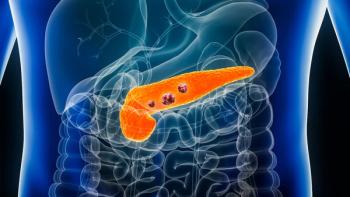
In observance of World Pancreatic Cancer Day, held on the third Thursday of November each year, we took a look back at the past year's news in cell and gene therapy for pancreatic cancer indications.

Catch up on the latest news, breakthroughs, and announcements from biotechnology companies making advancements in cell and gene therapies.
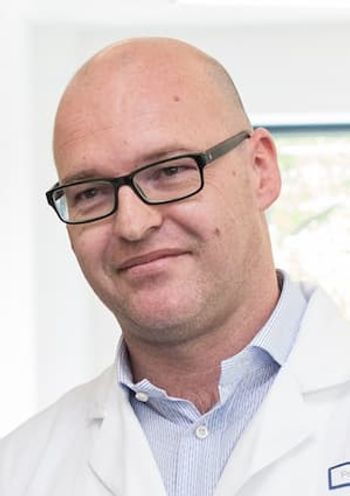
The vice president research and chair of internal medicine at the University of Erlangen – Nuremberg discussed findings from 2 early studies of CD19 CAR T-cell therapy.
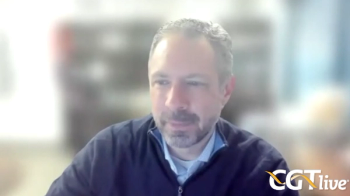
The chief executive officer of ASGCT discussed the latest trends in the field of cell and gene therapy.
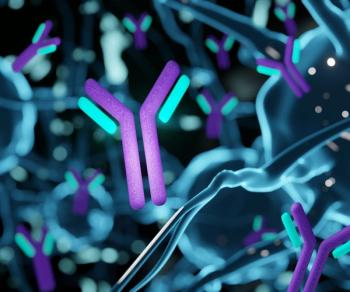
Adicet is also presenting biomarker data at ACR Convergance from a trial evaluating ADI-001 in B-cell malignancies that may indicate its potential to treat autoimmune diseases.
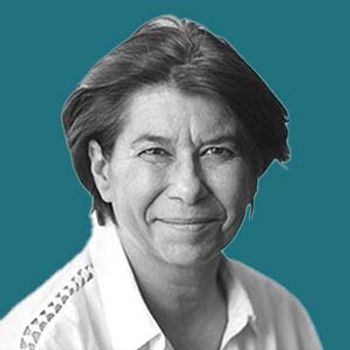
In addition to the IND clearance, the FDA also granted ATA-200 orphan drug designation.
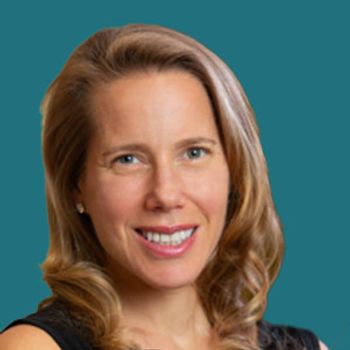
The patient was treated in the trial’s high-dose cohort, which Neurogene will now discontinue in favor of the low-dose cohort.